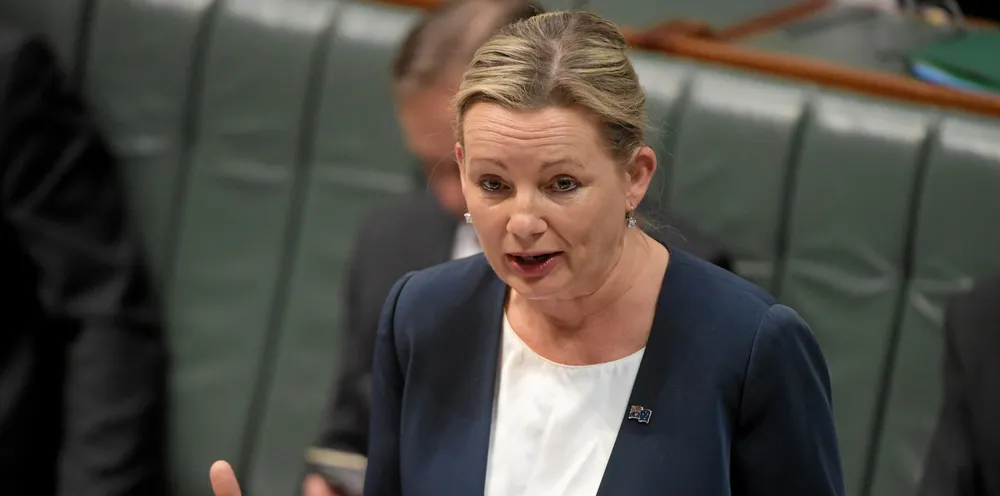Green hydrogen blow as $36bn global flagship AREH ruled 'clearly unacceptable' by Australia
Decision a setback for 26GW wind and solar initiative that's among largest to pioneer production of renewable fuels at 'oil & gas scale'

Decision a setback for 26GW wind and solar initiative that's among largest to pioneer production of renewable fuels at 'oil & gas scale'
